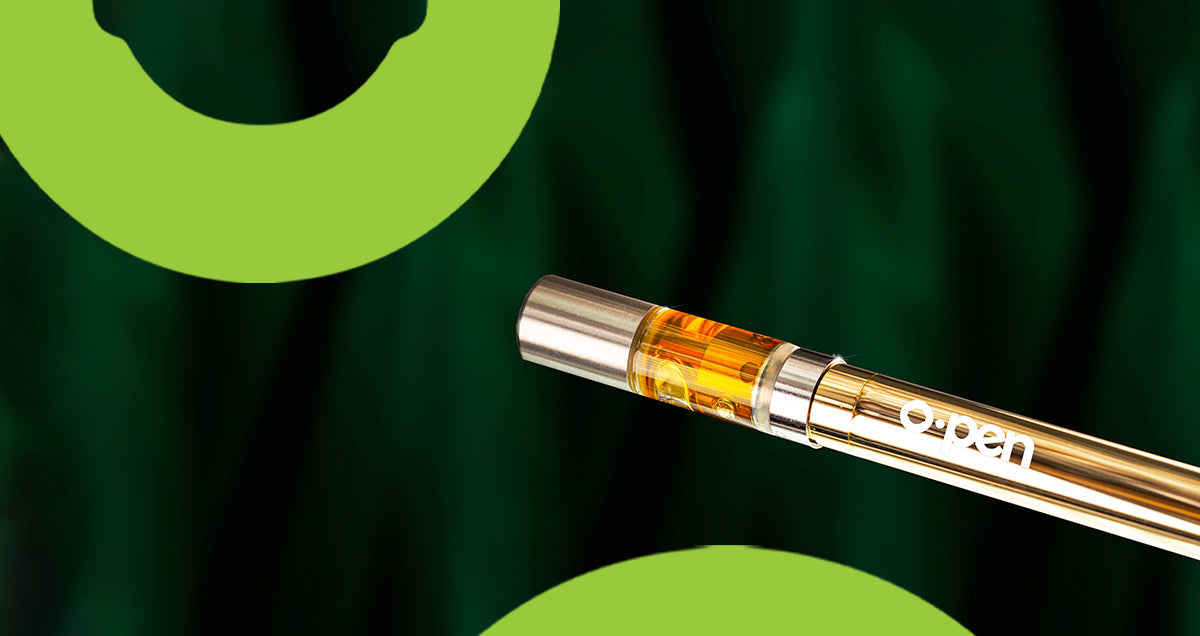No, you should not vape after getting your wisdom teeth out. Vaping can increase the risk of dry socket and infection.
Getting your wisdom teeth removed is a common dental procedure that requires careful post-operative care for proper healing. Vaping or smoking of any kind is strongly discouraged by dental professionals after such surgery. The act of sucking, as when drawing from a vape pen, can dislodge the blood clot that forms in the extraction site, leading to complications such as dry socket—a painful condition that can delay healing.
To ensure a smooth recovery and avoid unnecessary pain or infection, patients should adhere to their dentist’s instructions and resist the urge to vape until fully healed. It’s imperative to focus on allowing your body the time it needs to recover without introducing potential irritants or bacteria that can be associated with vaping devices.
Table of Contents
TogglePreparing For Recovery
After extraction of wisdom teeth, the body initiates a critical healing process that involves blood clot formation and tissue regeneration. The recovery period typically spans several days to weeks, during which adherence to post-operative care instructions is key to promote effective healing and prevent complications.
Vaping can significantly hinder the healing process after wisdom teeth removal by increasing the risk of developing a painful condition known as dry socket. This occurs when the blood clot at the extraction site is dislodged, exposing bone and nerves. The suction motion from vaping can dislodge the clot, and the chemicals in vape liquid may also irritate the wound, delay healing, and increase the likelihood of infection. Therefore, it is imperative to refrain from vaping during the recovery phase to ensure optimal healing.
Safe Vaping Practices Post-surgery
Safe Vaping Practices Post-Surgery often necessitate a period of abstention, particularly after oral procedures like wisdom teeth extraction. Selecting suitable vaping products is critical for reducing any potential complications. Aim for those with minimal draw resistance and consider using nicotine-free options to prevent any negative effects on the healing process.
Techniques to Minimize Risks include gentle inhaling and avoiding direct contact with the surgical area. Use of devices that allow for adjustable airflow can also be beneficial, as tighter draws may increase the risk of dry socket—a painful condition that can occur if the protective blood clot is dislodged from the extraction site. Ensuring strict oral hygiene and waiting for an appropriate time post-surgery before resuming vaping is essential. Consultation with a healthcare provider prior to vaping can further mitigate health risks.
Alternative Methods For Nicotine Consumption
Nicotine replacement therapy (NRT) offers a viable route for those avoiding vaping post-wisdom teeth removal. Products like nicotine gums, patches, lozenges, and nasal sprays serve as effective substitutes. These alternatives can mitigate withdrawal symptoms and curb nicotine cravings. Nevertheless, it’s critical to consult a healthcare provider to determine the safest option and appropriate dosage.
Engaging in these alternatives also carries certain risks and side effects. For instance, nicotine patches can sometimes cause skin irritation, while gums and lozenges may trigger mouth soreness or upset the stomach. It’s worth noting that these methods should be adopted as a temporary solution en route to quitting, and not as a long-term replacement for vaping.

Credit: rosedalekb.com
Frequently Asked Questions For Can I Vape After Getting My Wisdom Teeth Out
When Can I Vape After Wisdom Teeth Removal?
Vaping should be avoided for at least 48-72 hours after wisdom teeth extraction. This precaution helps prevent dry socket, a painful condition where the blood clot at the surgery site is dislodged. For optimal healing, wait until the surgical area is fully healed.
What Risks Does Vaping Pose After Dental Surgery?
Vaping soon after dental surgery increases the risk of complications. The suction can dislodge the blood clot, leading to dry socket. It can also introduce bacteria, slowing down the healing process.
How Does Vaping Affect Oral Healing?
Vaping can constrict blood vessels and reduce blood flow, which is crucial for healing. Nicotine and other chemicals in vapor can also irritate the oral tissues, potentially prolonging the recovery period after wisdom teeth removal.
Are There Alternatives To Vaping For Nicotine Intake Post-surgery?
Yes, nicotine patches or gum can be considered as alternatives. However, consult with a healthcare provider before using these products post-surgery, as nicotine can still affect blood flow and healing.
Conclusion
Concluding, post-wisdom tooth extraction calls for cautious healing. Abstain from vaping to avoid dry sockets and other complications. Follow your dentist’s guidelines for a smooth recovery. Your patience now ensures oral health for the future. Opt for safer alternatives during your healing period.

